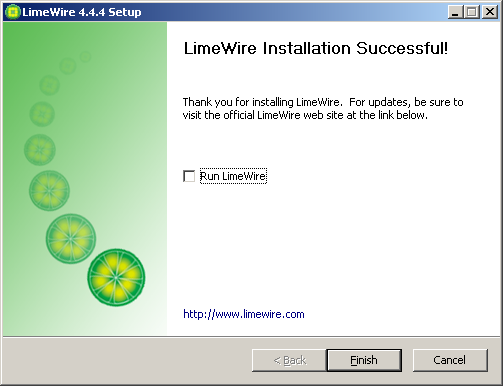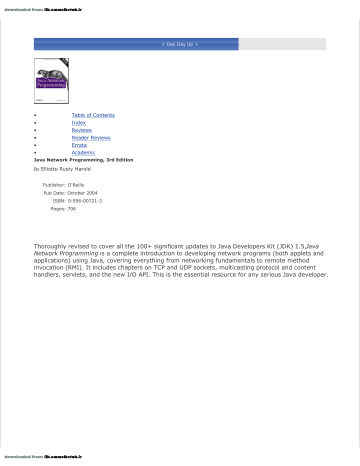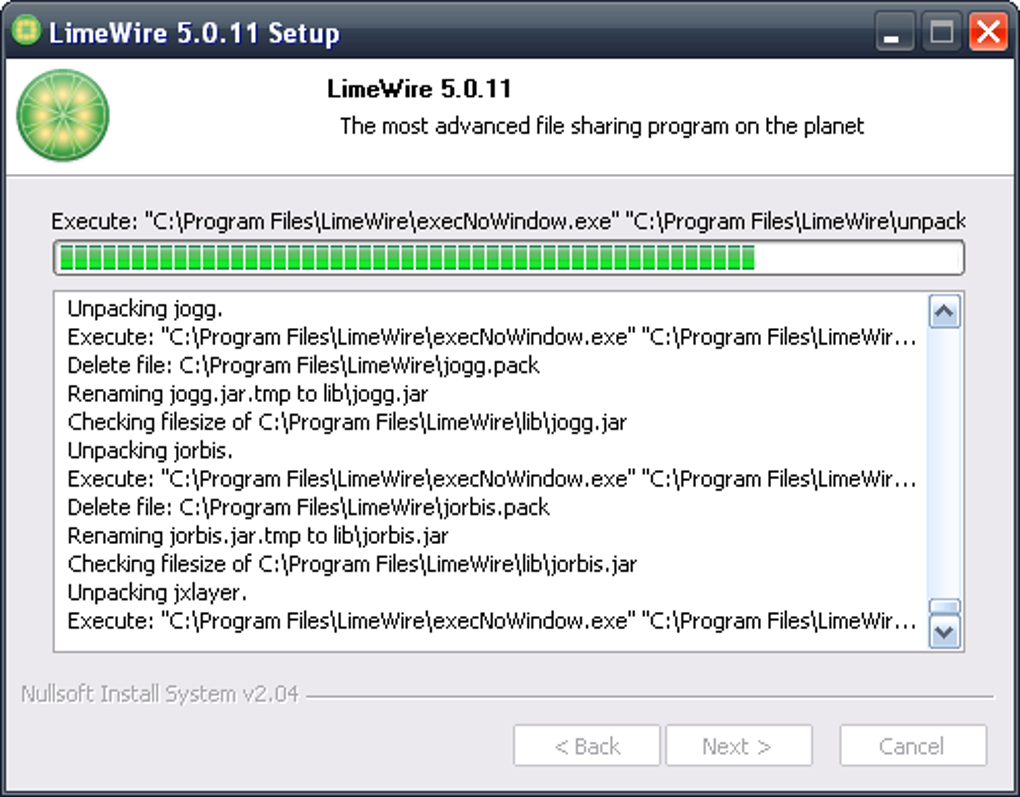

In Kotlin 1.4.0, we introduced the new Xjvm-default modes, which switch on default method generation for the whole project. They served to create the JVM default method for any particular non-abstract member in the Kotlin interface. Prior to Kotlin 1.4.0, there was the annotation along with -Xjvm-default=enable and -Xjvm-default=compatibility modes. Deprecation of and old Xjvm-default modes
#Limewire old version 1.5 how to#
Learn how to add compiler options in Gradle, Maven, and command-line compiler. We’d be grateful if you could share your feedback on it using this YouTrack ticket. To try this feature, add the -Xlambdas=indy compiler option. Currently, it has three limitations compared to ordinary lambda compilation:Ī lambda compiled into invokedynamic is not serializable.Ĭalling toString() on such a lambda produces a less readable string representation.Įxperimental reflect API does not support lambdas created with LambdaMetafactory. The implementation produces lighter binaries by using tafactory(), which effectively generates the necessary classes at runtime. Kotlin 1.5.0 is introducing experimental support for compiling plain Kotlin lambdas (which are not converted to an instance of a functional interface) into dynamic invocations ( invokedynamic). We would appreciate hearing your feedback on it in YouTrack. Opt-in is required (see details below), and you should use it only for evaluation purposes. It may be dropped or changed at any time. Lambdas via invokedynamicĬompiling plain Kotlin lambdas into invokedynamic is Experimental. Learn how to add compiler options in Gradle, Maven, and the command-line compiler. To roll back to the old implementation scheme based on anonymous class generation, add the compiler option -Xsam-conversions=class. This decreases the size of the application’s JAR, which improves the JVM startup performance. The new implementation uses tafactory() and auxiliary wrapper classes are no longer generated during compilation. Over lambda if the SAM type is a Kotlin functional interface

Over any expression if the SAM type is a Java interface Kotlin 1.5.0 now uses dynamic invocations ( invokedynamic) for compiling SAM (Single Abstract Method) conversions: If you need a build for JVM 1.6, you can still switch to this target.

The default target version for Kotlin/JVM compilations is now 1.8. To use a Kotlin class as a record in Java code, make it a data class and mark it with the annotation. In Kotlin code, you can use Java record classes like you would use typical classes with properties. Kotlin’s support for JVM records includes bidirectional interoperability: Java is evolving fast, and to make sure Kotlin remains interoperable with it, we’ve introduced support for one of its latest features – record classes.

Sealed interfaces and sealed class improvementsĭetailed descriptions of these features are available in this blog post and the corresponding pages of Kotlin documentation. Kotlin 1.5.0 brings stable versions of the new language features presented for preview in 1.4.30: You can also find an overview of the changes in the release blog post. Kotlin 1.5.0 introduces new language features, stable IR-based JVM compiler backend, performance improvements, and evolutionary changes such as stabilizing experimental features and deprecating outdated ones.


 0 kommentar(er)
0 kommentar(er)
